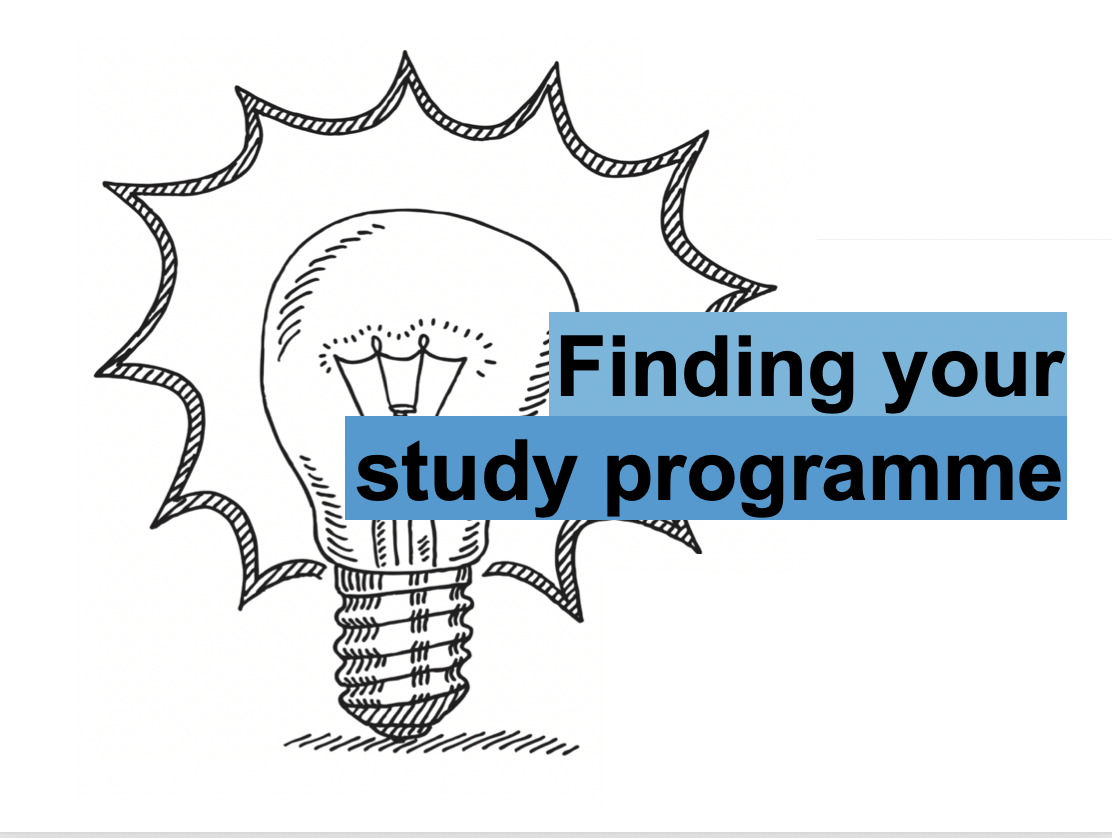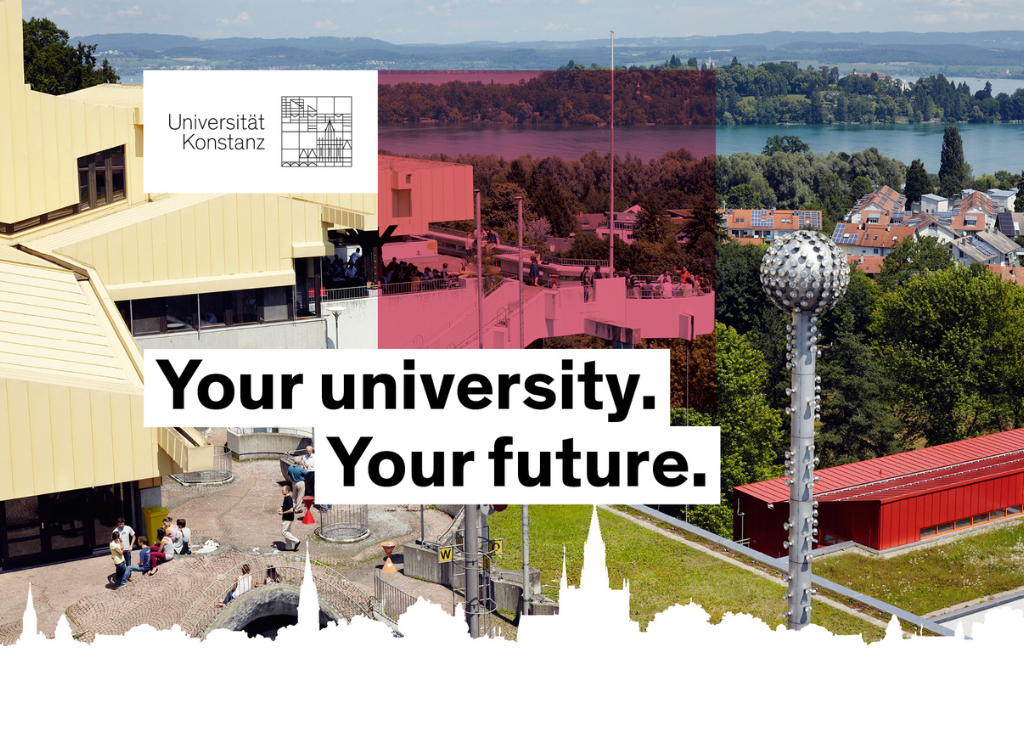
Philosophy – Bachelor of Arts
Philosophical questions are the essential source of historical and contemporary discussions on the freedom of will, the foundations of moral norms, the possibility of knowledge and the relationship between language and reality. Consequently, during your studies of philosophy you will learn how to formulate questions and to discuss possible answers, to examine and critically discuss various approaches, to clarify, explain and create concepts, and to introduce differentiations. At the University of Konstanz you will discover a special teaching emphasis on systematic philosophy. You will gain a solid overview of central fields in philosophy and its history. You will concern yourself with the theories of classical and modern philosophers, and you will learn how to think and express yourself with precision when addressing and analysing complex philosophical problems.
Why study Philosophy in Konstanz?
- Excellent personal supervision
- Student tutorials complement the core courses and compulsory classes
- Numerous research initiatives in the department
- Broad spectrum of interdisciplinary courses
- Wide range of conferences, colloquia and workshops for students
Study content
Prospects
Career prospects
Typical work areas include:
- Media (publishing houses, newspapers, and television)
- (Adult) education or consulting
- Library sector
- Public administration
You can find out more about career entry in the interview series #dreamjob - Starting a career. Alumni of the University of Konstanz report on their very personal career entry.
Graduate studies
To qualify further the University of Konstanz offers the Master’s Programme in Philosophy as well as the Master's Programme Global European Studies.
Study structure
Start of study
Winter semester
Study structure
The study programme is based on modules, i.e. there is a variety of modules from which you are required to attend a specific number of seminars accompanied by the corresponding assessments. In Konstanz the logic classes and the core courses play a significant role within these modules. The classes in logic consist of the foundation teaching and study of logical semantics and formal logic. The five core courses are designed to provide a systematic introductory overview of sub-disciplines of philosophy, so that students gain an understanding of philosophy in both depth and breadth.
Core course 1: Basic concepts in practical philosophy
Core course 2: Epistemology
Core course 3: Philosophy of ethics and morals
Core course 4: Theory of science
Core course 5: Theoretical philosophy (e.g. metaphysics, philosophy of language, philosophy of mind, ontology)
In addition to your major subject you will also study a minor subject. It is advisable to choose a minor subject that is related to your future career preference. Please find further information on the study plan.
A Bachelor of Arts degree in the Humanities typically consists of a major subject (120 credits) and a minor subject (40 credits). You are also required to attend the "Überfachliche berufsorientierte Qualifikationen" (Interdisciplinary career preparation) module (20 credits) and complete an internship. Please click here to find out more about studying for a Bachelor of Arts degree in the Humanities.
These documents will support you in planning your studies:
Opportunities for additional training
At the University of Konstanz, you have a broad range of opportunities and training options that complement your study programme, for example orientation programmes to support new students, learning guidance, language courses, a data and information literacy programme as well as options promoting career-oriented skills and social commitment.
Skills for successful studies- GoMINt – orientation programme in STEM subjects
- Writing Centre – writing tutoring, joint writing sessions and workshops
- Language courses at the Language Institute
- Learning guidance, study tips, time management – workshops offered by the Central Student Advisory Service (ZSB)
- Advanced Data and Information Literacy Track (ADILT) – programme can be completed with a certificate
- Transfer – practical projects (research, business, politics and society)
- qualification N – Sustainability Certificate at the University of Konstanz
- Profil+ – programme for career skills (German skills required)
- Career Passport – programme for career skills (for international students)
- Advice on career entry, opportunities and workshops from Career Service
Internships and stays abroad
Internship
You must complete an internship of at least 8 weeks during the semester break. The staff of the university’s Career Service are here to help you find a suitable placement.
Stay abroad
A period of study abroad is always highly recommended. The university promotes study abroad via Erasmus+ and numerous other exchange programmes.
Impressions from students and lecturers
Hear from students and lecturers
In our interview series, students talk about their subject, teachers explain the department's research and tell you what topics they cover in seminars and lectures.
Get an impression
Discover online lectures and websites with more information about your prospective subject.
Study requirements
Admission requirements for studying
General higher education entrance qualification (Abitur) or equivalent.
Documentation Orientation Test
When applying for admission at universities in the state of Baden-Württemberg you have to take an orientation test. The Baden-Württemberg orientation test is the most widely used test. Please send in your certificate of participation together with your application papers.
Further information can be found in the admission regulations.
Fees
Semester fee
All students enrolled at the University of Konstanz are charged a semester fee each semester, similar to all other German universities. Here you can find the current semester fee and its individual components.
Tuition fees for first degree studies for certain international students
Since winter semester 2017/18, the state of Baden-Württemberg has required some international students to pay tuition fees for their first degree studies. The following students are not required to pay tuition fees: citizens of a country within the European Union (EU) or the European Economic Area (EEA), doctoral students and certain “Bildungsinländer” (e.g. non-EU citizens with a German “Abitur”). More detailed information can be found here.
Each year, the University of Konstanz grants exemptions to a limited number of particularly gifted international degree-seeking students in accordance with the university’s “Begabtenbefreiungssatzung” (statutes governing the exemption of gifted students). More detailed information can be found here.
Tuition fees for second degree studies for all students
All students are required to pay tuition fees for their second degree studies. More detailed information can be found here.
Required language skills
Foreign language skills
You do not have to proof any foreign language skills.
German language skills
International applicants need documentation of their German language skills, level DSH-2 or TestDaF 4. Alternatively, other language tests or school certificates recognized as equivalent can be used as proof of the required German language skills. The University of Konstanz does not offer preparatory German language courses or approved German language exams. For this reason, you must submit accredited proof of your German language skills along with your application.
Teaching and examination language
The language mainly used in class is German.
Interests and skills
- You are interested in philosophical questions
- You enjoy working with scientific and very complex texts
- Very good verbal skills
- Logical and abstract way of thinking
- Structured working methods
- Good English skills
Application
Application and application documents
Application documents
During the online application process, you will need to enter various kinds of information (school grades, attendance periods etc.) and upload various PDF documents. Please make sure that you have the relevant documentation ready. This may include:
- your Abitur certificate (German general higher education entrance qualification)
- documentation of any volunteering you may have done (FSJ, FÖJ etc.)
- any documentation about vocational training you may have completed
- any other required documents (medical certificate etc.)
An electronic assistant will guide you through the application process. Required fields are marked by an asterisk (*).
An application is possible during the following period: 07.05. - 15.09.
There may be other deadlines if you are applying for admission to a higher semester (for instance, if you are changing subjects or universities). For more information please consult the
university website
.
Contact
Contact person
The Central Student Advisory Service (ZSB) can help you with general questions about finding the right study programme as well as when you are concerned or unsure about your studies. We will be happy to advise you and support you with a wide range of services .
Central Student Advisory Service (ZSB)
Room: D 409 – 412a
Make an appointment: termin.zsb@uni-konstanz.de
Questions related to the content or organization of the study programme:
Departmental student advisory service
Dr. Michael Kieninger
Room: G 605
Phone: +49 7531 88-2745
Email.: studienberatung-philosophie@uni.kn
Studying at the University of Excellence Konstanz
With your university entrance qualification in your pocket, the sky is the limit. Get a top education at the University of Konstanz, benefit from outstanding teaching and interdisciplinary exchange on our international campus. Situated on a hilltop overlooking Konstanz with a great view of Lake Constance and the Alps, our nationally and internationally renowned research university has been recognized as a University of Excellence since 2007.
Top ratings in the CHE University Ranking regularly confirm the quality of our study programmes. Take your pick from more than 100 programmes! Our courses are close to research and will perfectly equip you for the future, especially in combination with practice-oriented, socially relevant transfer projects, opportunities for going abroad and qualification programmes that you can complete alongside your studies.
Download study information
Online guide






